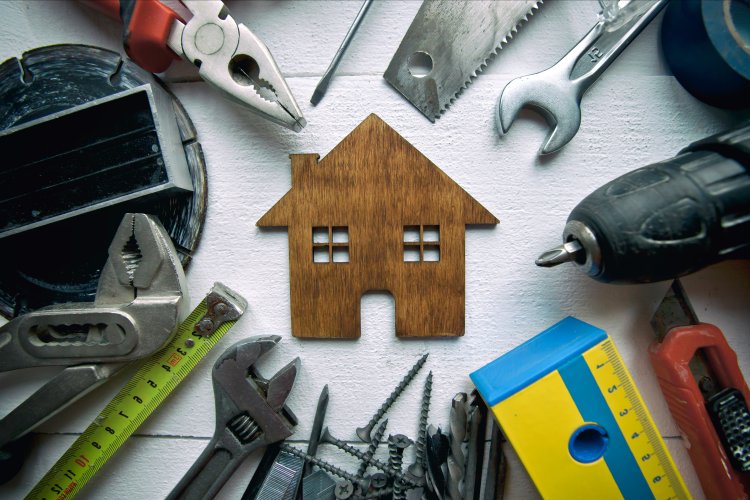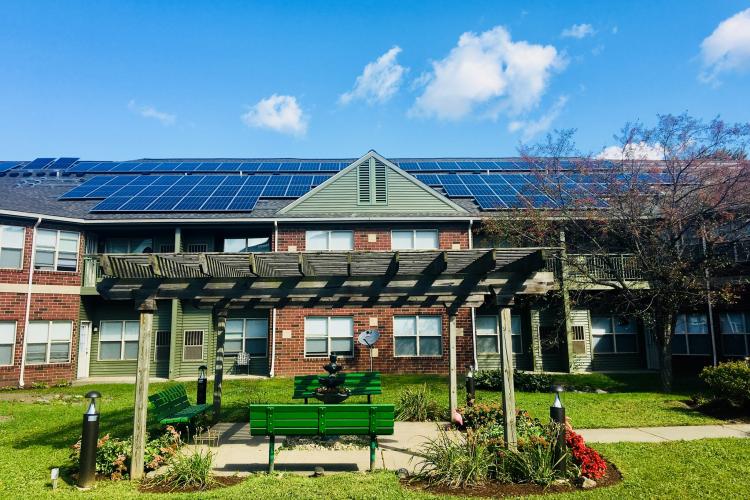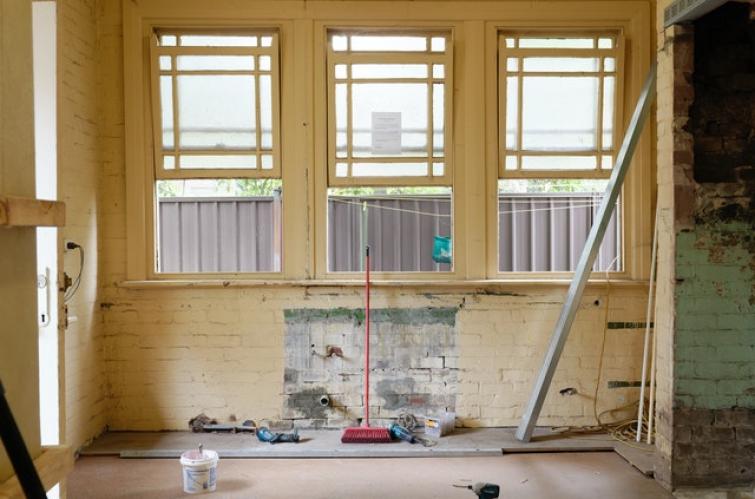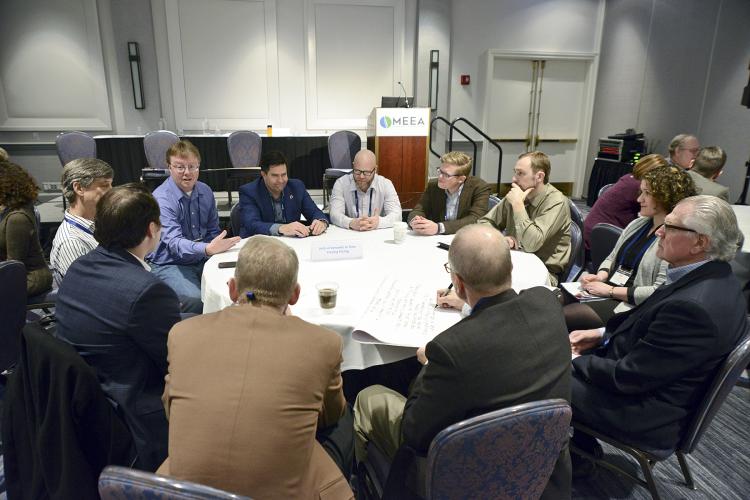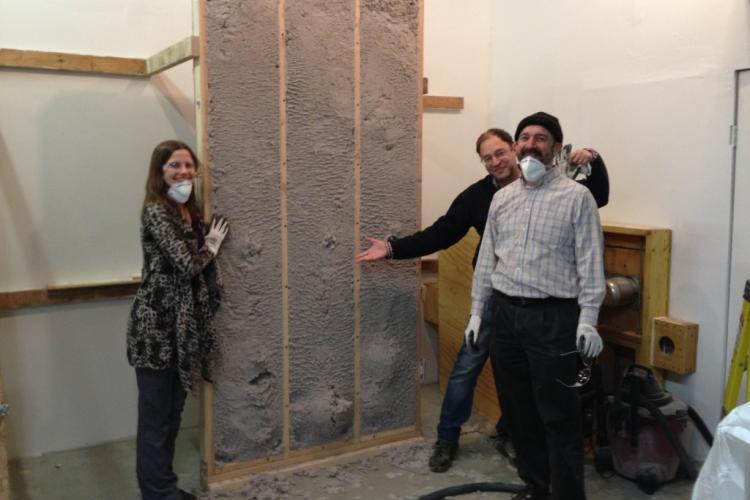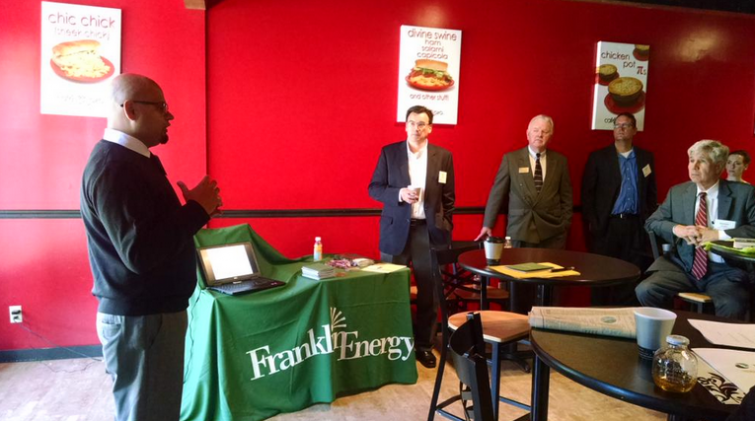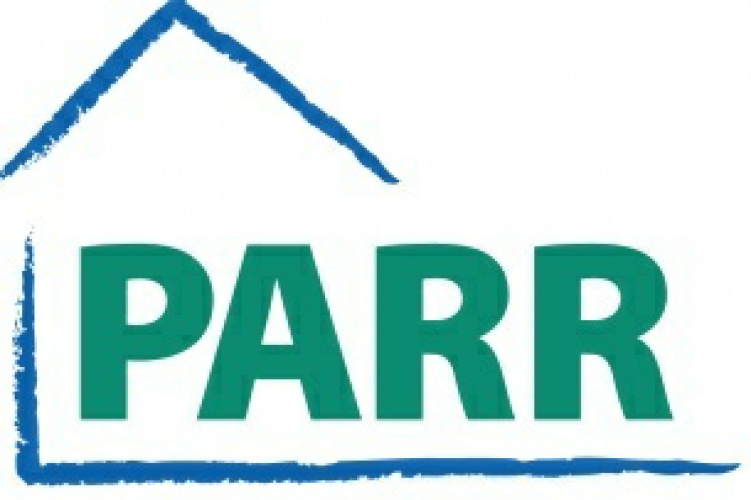From Deferred to Delivered: How the Helping Homes Pilot is Making a Difference
The biggest barrier to completing energy-efficient home improvements for some customers is unsurmountable health and safety hazards. When energy auditors identify health and safety hazards or items in the home that prevent the upgrades, commonly referred to as pre-weatherization work, the work in the home must be put on pause, or deferred, until the hazardous conditions are remedied. This presents a particular challenge for low-income customers, who often cannot take on the financial burden of completing the pre-weatherization work on their own.
